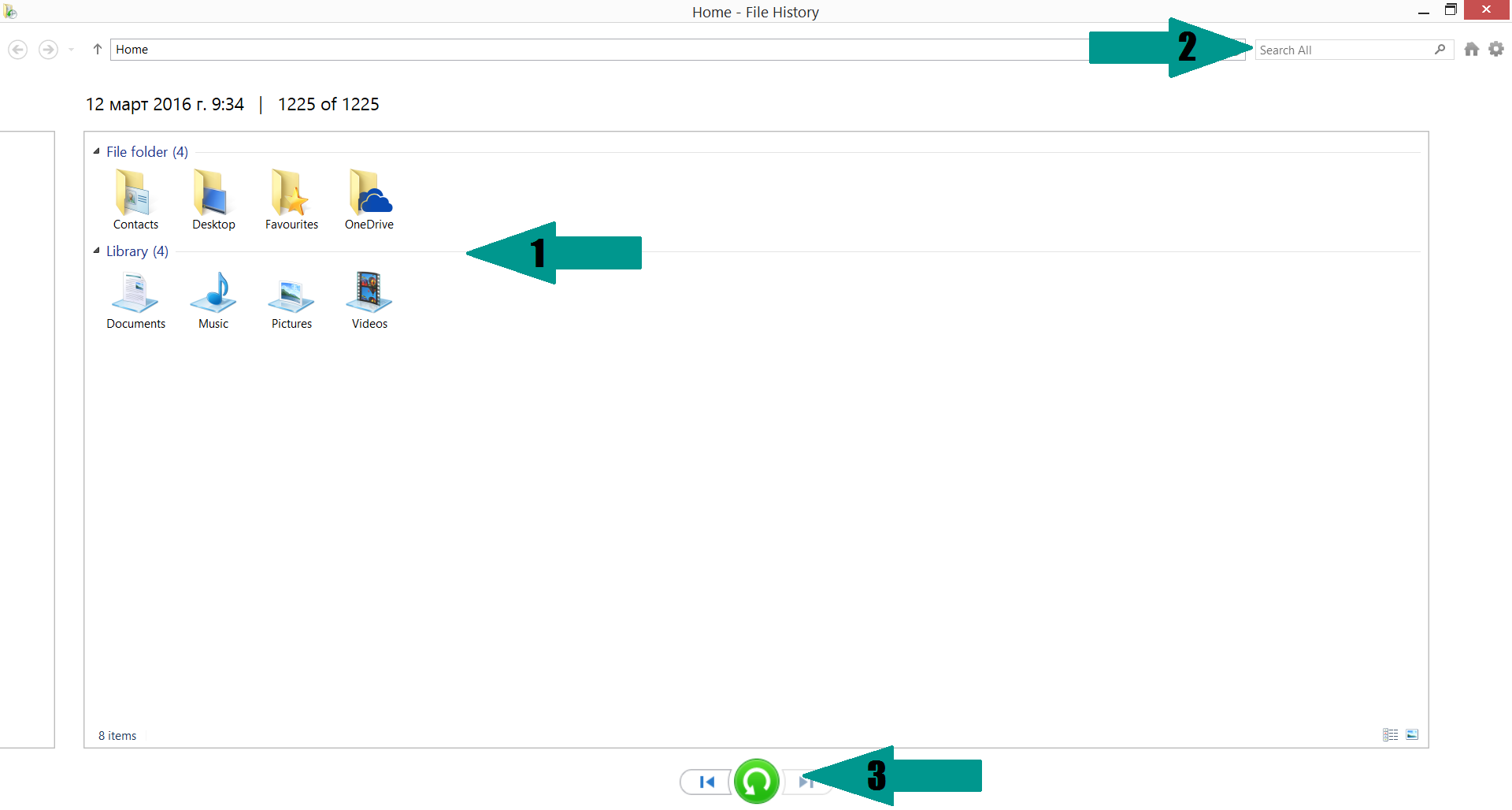The Slimhem Ransomware is a new malware threats that compromises files on USB removable storage devices before doing other dangerous actions. To remove existing infections and learn more about the threat continue reading our removal guide.
| Name |
Slimhem |
| File Extensions |
.encrypted |
| Ransom |
Varies |
| Solution #1 |
You can skip all steps and remove Slimhem with the help of an anti-malware tool. |
|
Solution #2 |
Slimhem ransomware can be removed manually, though it can be very hard for most home users. See the detailed tutorial below. |
| Distribution |
Publicly Leaked on the Internet |
Slimhem Ransomware Description
This virus shows some atypical behavior by firstly encrypting the removable storage devices such as USB drives using the AES cipher in CBC mode. The compromised files are then transferred to the host computer which is infected afterwards.
The compromised files receive the .ENCRYPTED file extension. The virus code has an internal checking module which scans for the presence of security software which means that the criminal developers have integrated stealth protection features. In addition it can also interact with installed MySQL servers and other important services.
The virus is developed by a computer expert known as TwoTen who states that it is a personal project. This indicates that malicious use of the code or dangerous modifications of it may be attributed to other individuals or hacker groups.
Slimhem Ransomware Distribution
The Slimhem virus has been leaked out to the public incidentally.
Slimhem Ransomware Removal
For a faster solution, you can run a scan with an advanced malware removal tool and delete Slimhem completely with a few mouse clicks.
STEP I: Start the PC in Safe Mode with Network
This will isolate all files and objects created by the ransomware so they will be removed efficiently.
-
1) Hit WIN Key + R

- 2) A Run window will appear. In it, write “msconfig” and then press Enter
3) A Configuration box shall appear. In it Choose the tab named “Boot”
4) Mark “Safe Boot” option and then go to “Network” under it to tick it too
5) Apply -> OK
Or check our video guide – “How to start PC in Safe Mode with Networking”
STEP II: Show Hidden Files
-
1) Open My Computer/This PC
2) Windows 7
-
– Click on “Organize” button
– Select “Folder and search options”
– Select the “View” tab
– Go under “Hidden files and folders” and mark “Show hidden files and folders” option
3) Windows 8/ 10
-
– Open “View” tab
– Mark “Hidden items” option

4) Click “Apply” and then “OK” button
STEP III: Enter Windows Task Manager and Stop Malicious Processes
-
1) Hit the following key combination: CTRL+SHIFT+ESC
2) Get over to “Processes”
3) When you find suspicious process right click on it and select “Open File Location”
4) Go back to Task Manager and end the malicious process. Right click on it again and choose “End Process”
5) Next you should go folder where the malicious file is located and delete it
STEP IV: Remove Completely Slimhem Ransomware Using SpyHunter Anti-Malware Tool
SpyHunter anti-malware tool will diagnose all current threats on the computer. By purchasing the full version, you will be able to remove all malware threats instantly. Additional information about SpyHunter / Help to uninstall SpyHunter
STEP V: Repair Windows Registry
-
1) Again type simultaneously the Windows Button + R key combination
2) In the box, write “regedit”(without the inverted commas) and hit Enter
3) Type the CTRL+F and then write the malicious name in the search type field to locate the malicious executable
4) In case you have discovered registry keys and values related to the name, you should delete them, but be careful not to delete legitimate keys
Further help for Windows Registry repair
STEP VI: Recover Encrypted Files
-
1) Use present backups
2) Restore your personal files using File History
-
– Hit WIN Key
– Type “restore your files” in the search box
– Select “Restore your files with File History”
– Choose a folder or type the name of the file in the search bar

- – Hit the “Restore” button
3) Using System Restore Point
-
– Hit WIN Key
– Select “Open System Restore” and follow the steps

STEP VII: Preventive Security Measures
-
1) Enable and properly configure your Firewall.
2) Install and maintain reliable anti-malware software.
3) Secure your web browser.
4) Check regularly for available software updates and apply them.
5) Disable macros in Office documents.
6) Use strong passwords.
7) Don’t open attachments or click on links unless you’re certain they’re safe.
8) Backup regularly your data.
SpyHunter anti-malware tool will diagnose all current threats on the computer. By purchasing the full version, you will be able to remove all malware threats instantly. Additional information about SpyHunter / Help to uninstall SpyHunter



